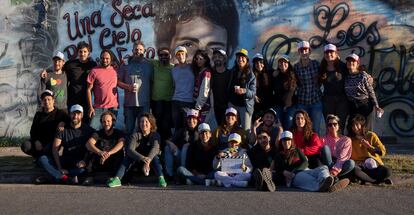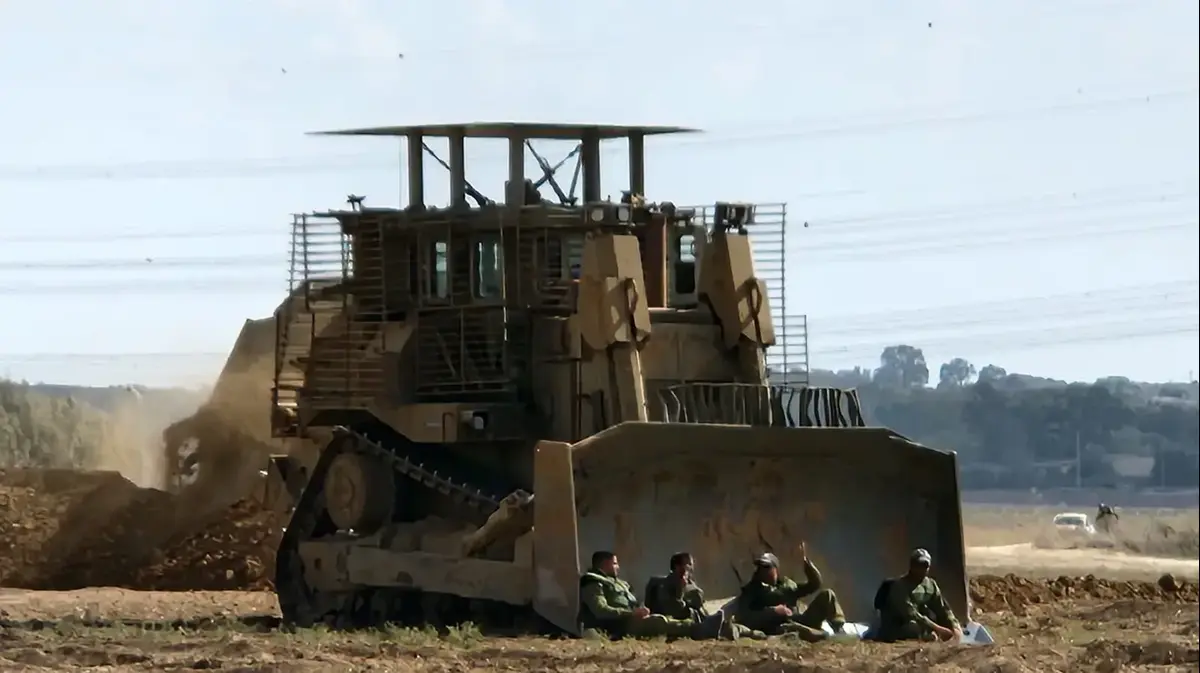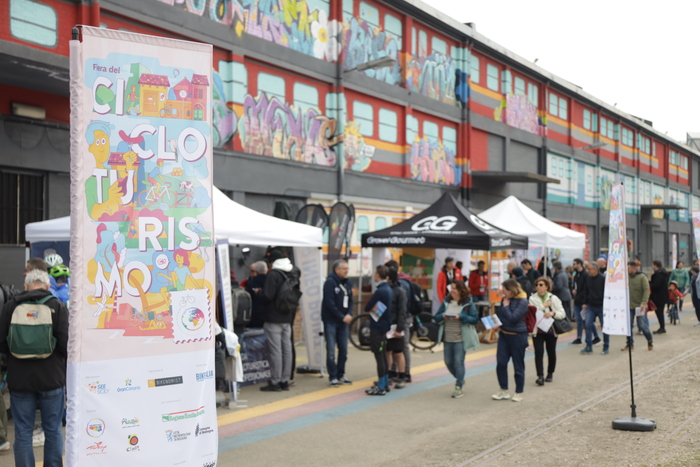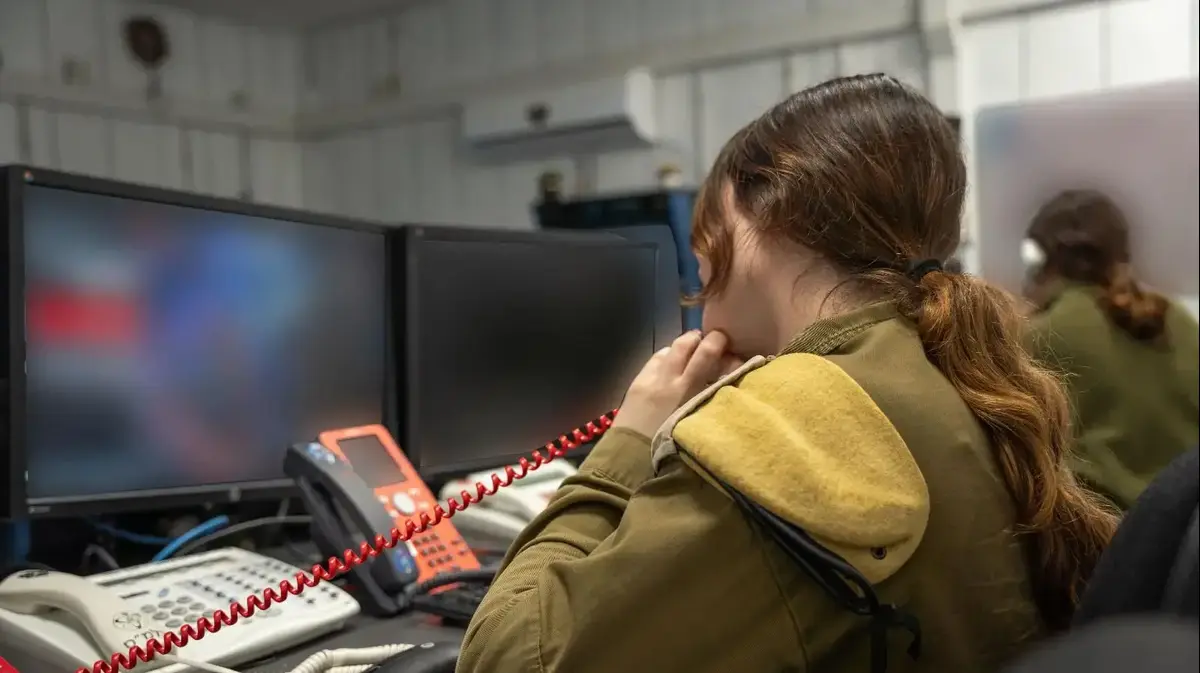Note to readers: EL PAÍS offers the Future Planet section for its daily and global informative contribution on the 2030 Agenda. If you want to support our journalism,
subscribe here.
There is a periphery of the periphery in the world, as in the countries.
Argentina is Latin America, but its urban centers are not all delimited by the province of Buenos Aires, as well as the popular neighborhoods of the rest of the Argentine cities are not reduced to the Buenos Aires neighborhoods of the Rio de la Plata cinema that is mostly consumed abroad.
Tango is not only heard on the streets of the big cities of South America, no matter how beautiful and evocative it may be.
Fortunately, today that cinema sprouts everywhere, creators can paint with many other nuances, or equalize Argentine soundscapes in which there is no
sh
in
me
or in the
rain
, because in each province they speak with different dictions and music.
More information
Argentina legalizes abortion
The triple burden of adolescent mothers in pandemic
One million Argentines are at risk of running out of contraception due to the pandemic
In Córdoba –the second Argentine city– the accent is called
tonada
and it is very particular;
even each Cordovan neighborhood has recognizable features in pronunciation, which respond to neighborhood practices that are also distinguishable.
Thus,
Las motitos
,
the film awarded with the
Silver Biznaga
for the best Ibero-American production and for the best leading actress (Carla Gusolfino) in the
24th Malaga Festival, it was shot in the Rosedal neighborhood of Córdoba, where Gabriela Vidal, the scriptwriter and co-director of the feature film, grew up together with Inés Barrionuevo.
From this carnal knowledge of the place, the value of this very particular approach to the reality of teenage pregnancy, which is national, and, nevertheless, in this case has a fine writing of the affections, in addition to a staging and a language sound that we get fully into that community.
Gabriela Vidal, scriptwriter of the film 'Las motitos', at the 24th edition of the Malaga Film Festival.ALEXZEA
Las motitos
(2020), which passed through the
Zona Zine
section
of the aforementioned Spanish film contest, was filmed at the same time that one of those long and fierce feminist struggles was taking place in Argentina which, after some setback, ended with the approval of a law of voluntary interruption of pregnancy, in December 2020. Until then, international reports echoed the unjust and fearsome situation that adolescents who could not legally abort had to go through, in a region where premature pregnancy and unwanted far exceeds the world average.
Gabriela Vidal had lived in Mexico City for more than a decade and, when she returned to Argentina in 2012, she was surprised by the number of very young girls she saw pregnant. That amazement was the germ of the idea that was first a novel. From Malaga, where she has gone to the presentation of her first film as a director, she recounts the first memories of her return to the place of birth: “I asked my nieces, who were then around 15 years old, and they told me about their friends . For example, that such a girl left the baby with her boyfriend's mother, to go out, and when they came to return it to her, she hid and did not open the door, to continue a while more with her friends ... I could say that the script text is
curated
(curated) by my nieces, because when you are not the age of the character or do not have those experiences, ask, dig and, to connect with that vulnerability, you had to listen to the adolescents.
My nieces went through that bustle of finishing their secondary studies, a very fragile stage of life, in which one can get lost ”.
At the moment when she was immersed in writing, Vidal comments, the
green tide
emerged with force.
, as the movement for the legalization of abortion was called.
“The filming took place in parallel to the fight, one of whose most emotional moments was when, in 2018, a parliamentary vote failed, because the law did not come out the first time, but there was no surrender.
It was early, but the battle was already won ”, he recalls.
Of course, “the film would have existed without that context, but contexts permeate and we allow ourselves to permeate: the idea came from before, but as happens many times with creative processes, they are synchronized with situations and, in this case, the lucky star accompanied the project, "he says.
In fact, the law was approved a few weeks after the film's premiere and recognition at the Mar del Plata Festival.
Between the mothers and the police
In one of the debates organized within the framework of the Malaga contest, an attendee observed that, in
Las motitos
, the parents have no name. "Since he told me, he has given me guilt and I have wanted to make a movie for my father," says Vidal, laughing. He then elaborates: “Before, someone else had suggested to me to 'revise' the look on the male characters, but I did not like that 'moral' reproach. On the other hand, a Peruvian director told me that it was a dystopia from which the parents had been taken ... I do not know if it is worth putting sociological headlines, because in creation a singular fact is sought, but I think that it does have to to do with fatherhood in Latin America. My years in Mexico have gone through me, and what I saw is a fatherhood in crisis; I also see it in Argentina. These teenage dads have so much life ahead of them, in which, of course, you can regret an abortion, but you can also regret having a child and,in this case, how do you look in the mirror and say this? Children must be consciously desired and desired ”. However, we observe that there is a father who, although without a name, finally vindicates himself in front of his daughter: "Yes, there are tasks that fall to him, because the mother is angry and has the right to take that moment of anger to herself" , replies the writer.
These teenage dads have so much life ahead of them, in which, of course, you can regret an abortion, but you can also regret having it.
Children must be consciously desired and desired
Gabriela Vidal, screenwriter of 'Las motitos'
Before traveling to Mexico to study cinema, Vidal was a journalist and, for some years, he collaborated in the magazine for homeless children in the city of Córdoba.
That project to get kids off the street is called
La Luciérnaga
and that experience, according to the screenwriter, planted the seed of a tribute to mothers: “I saw mothers who were very
fighting
for their children and, finally, if I think about it, Mothers have always saved me too.
Just like in the movie, the adolescent protagonist, Lautaro, says that he does not go out to
chorear
(steal) because if not, his mother 'kills him'.
I heard that in the neighborhood.
There is the limit and he chooses another destination, because the kids also make decisions, while the mothers do what they can in contexts in which more aid from the State is lacking.
The neighbor he
grew
up with and played with all his life did go out to
chorear
, and he feels proud ”.
Gabriela Vidal, along with the rest of the 'Las motitos' film crew.Gualicho Cine
The background of the love story between the adolescent protagonists, and its collateral effects, is economic precariousness and daily crime in poor neighborhoods, where police violence also rages, with the consequent fear of families for the fate of their children, which, sometimes, only depends on their skin color. The trigger for the social conflict in Vidal and Barrionuevo's film is precisely a wave of looting of supermarkets that was inspired by similar events, which occurred in December 2013, during a provincial police barracks, which left the city unattended of Córdoba, with its shops and its streets without custody.
“The state was lacking in the looting. Thousands of boys came out in little
bikes
. There was persecution and stigma, and there were no reflective consequences like the ones that should be in a society where this happens ”, laments Vidal. However, he wants to clarify that in the poor neighborhoods, where the boys who study with those who sometimes commit crimes live together, there is also usually a lot of solidarity and happy and educational activities in cultural centers. "People organize and associations go where the State does not reach," he adds.
His next film, which is already in development, will also be set in a neighborhood in the city of Córdoba, where the Peruvian community lives.
It will be called
Winter Ghosts
and its protagonist will be another young woman, in this case, alone, supported by immigrant neighbors from other Latin American countries.
FUTURE PLANET can follow on
,
and
, and subscribe
here
to our 'newsletter'
.









